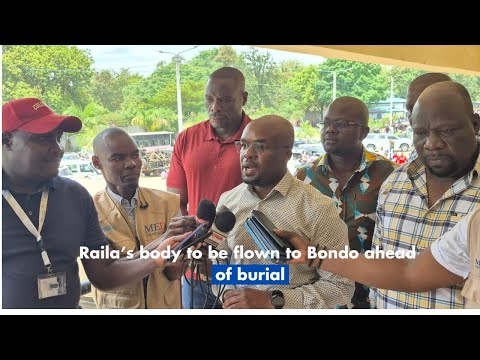Much like Uhuru Kenyatta, whose father was the first president of Kenya, Raila Odinga found himself with a political platform handed to him on a silver platter. His father, Jaramogi Oginga Odinga, served as the inaugural Kenyan vice president under Jomo Kenyatta. Linked with his late father to a 1982 coup attempt to overthrow Moi's government, Raila was detained for six years without trial by the ruthless Moi regime. Initially denying any knowledge or involvement, a 2006 biography contradicted this, prompting calls by politicians from Kibaki’s Party of National Unity for fresh prosecution, which were hindered only by the statute of limitations which meant that information contained therein did not amount to a confession.












